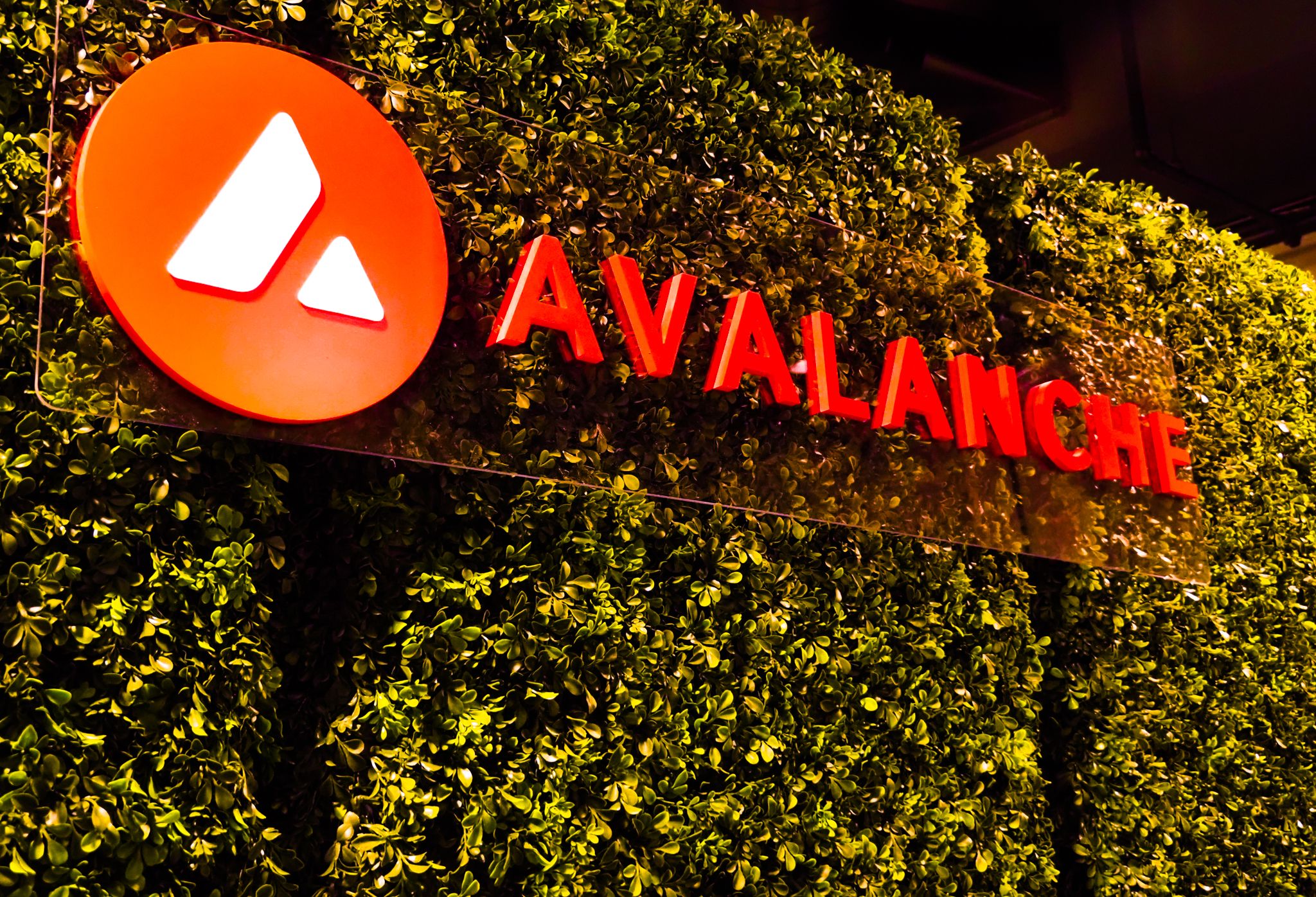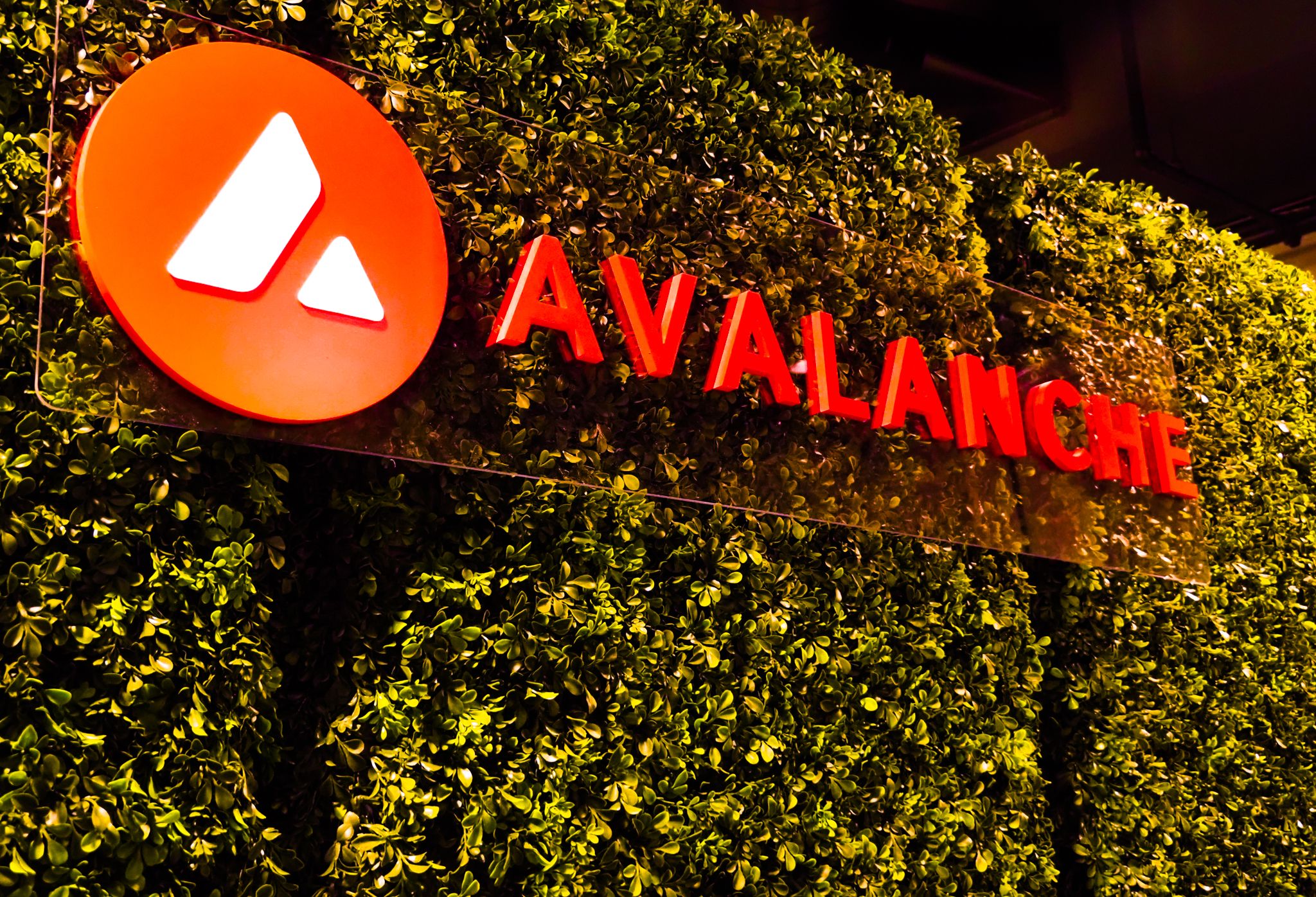[ad_1]

Avalanche, a layer-1 blockchain launched in 2020 that’s now the tenth-largest by total value locked (TVL), activated its highly anticipated Avalanche9000 upgrade Monday, marking the ecosystem’s biggest technical changes to date.
The network has been prepping for these changes for months, with new features that will cut the costs for sending transactions, operating validators and building applications on the network.
Leaders at Avalanche have previously told CoinDesk that part of the goal with the upgrade is to attract developers to Avalanche and encourage them to create customized blockchains using its technology, known as subnets, or “L1s”.
The upgrade, also referred to as the Etna upgrade, consisted of seven improvement proposals. The two biggest changes that were implemented were known as ACP-77 and ACP-125.
https://x.com/avax/status/1868710879535214878
ACP-77 is a proposal that introduces a new type of validator, so users can launch their own subnets. These new nodes are less costly to operate, with the aim of therefore bringing in more people to spin them up and create their own Avalanche-based networks.
ACP-125 lowers the base fee on Avalanche’s main network that runs smart contracts, known as the C-chain, from 25 nAVAX (about $0.00000098) to 1 nAVAX ($0.00000004.) The goal is to make it cheaper to compute on that network. One nAVAX equals one-billionth of one AVAX. (Avalanche has two other main chains:the P-chain, where users can stake AVAX and operate validators; and the X-chain, which is used for sending and receiving funds.)
The Avalanche Foundation announced that ahead of the upgrade, it raised $250 million in a token sale, led by Galaxy Digital, Dragonfly and ParaFi Capital.
Read more: Avalanche Raises $250M Amid Major Overhaul of Layer-1 Blockchain
[ad_2]
Read More: www.coindesk.com









 Bitcoin
Bitcoin  Ethereum
Ethereum  Tether
Tether  XRP
XRP  Solana
Solana  USDC
USDC  TRON
TRON  Dogecoin
Dogecoin  Lido Staked Ether
Lido Staked Ether  Cardano
Cardano  Wrapped Bitcoin
Wrapped Bitcoin  Hyperliquid
Hyperliquid  Wrapped stETH
Wrapped stETH  Sui
Sui  Bitcoin Cash
Bitcoin Cash  LEO Token
LEO Token  Chainlink
Chainlink  Avalanche
Avalanche  Stellar
Stellar  Toncoin
Toncoin  USDS
USDS  WhiteBIT Coin
WhiteBIT Coin  Shiba Inu
Shiba Inu  Wrapped eETH
Wrapped eETH  WETH
WETH  Litecoin
Litecoin  Binance Bridged USDT (BNB Smart Chain)
Binance Bridged USDT (BNB Smart Chain)  Hedera
Hedera  Monero
Monero  Ethena USDe
Ethena USDe  Polkadot
Polkadot  Bitget Token
Bitget Token  Coinbase Wrapped BTC
Coinbase Wrapped BTC  Uniswap
Uniswap  Pepe
Pepe  Pi Network
Pi Network  Aave
Aave  Dai
Dai  Ethena Staked USDe
Ethena Staked USDe  Bittensor
Bittensor  BlackRock USD Institutional Digital Liquidity Fund
BlackRock USD Institutional Digital Liquidity Fund  OKB
OKB  Aptos
Aptos  Internet Computer
Internet Computer  Cronos
Cronos  Jito Staked SOL
Jito Staked SOL  NEAR Protocol
NEAR Protocol  sUSDS
sUSDS  Ethereum Classic
Ethereum Classic